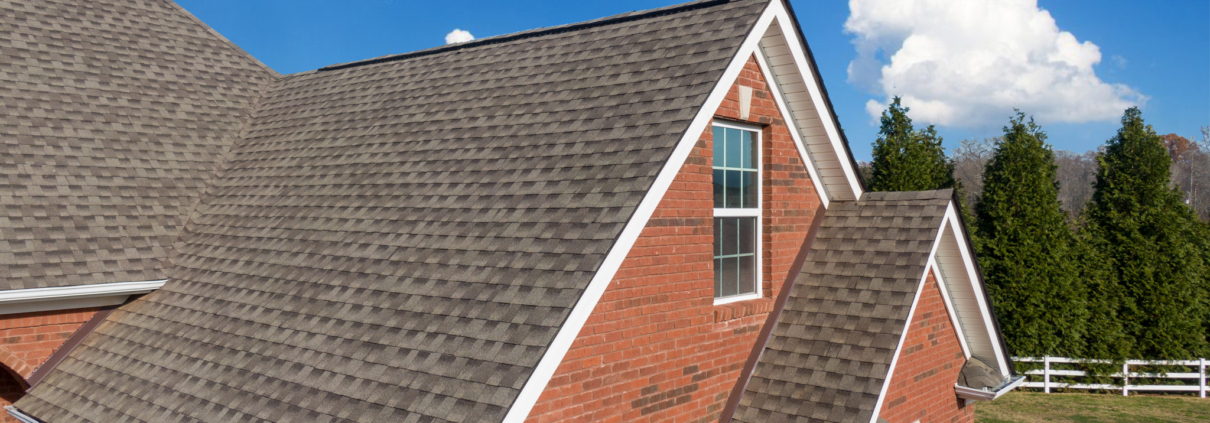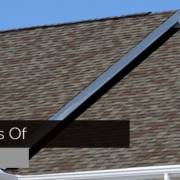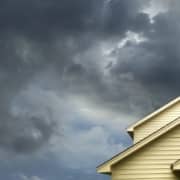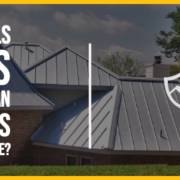Insurance and Roofing: Will Your Insurance Pay for a New Roof?
Your roof is one of the most important components of your home. It protects your home and everything inside it from the elements, enhances your home’s curb appeal, and increases its value. However, roofs don’t last forever, and eventually, they will need to be replaced. When this time comes, it’s natural to wonder whether or not your insurance will cover the cost of a new roof.
The answer is not straightforward, as it depends on several factors, including the cause of the damage, the age of your roof, and the terms of your insurance policy. In this article, we’ll explore the circumstances under which your insurance might pay for a new roof and provide tips for navigating the insurance claim process.
Does Insurance Cover Roof Replacements?
Insurance companies provide coverage for damages caused by certain events, such as natural disasters or unexpected events like fire or theft. If the damage to your roof was caused by one of these events, there’s a good chance that your insurance will cover the cost of a new roof. However, if the damage was due to normal wear and tear, your insurance company may not provide coverage.
Here are some common causes of roof damage that may be covered by insurance:
- Hail damage
- Wind damage
- Fire damage
- Lightning damage
- Theft or vandalism
It’s essential to note that insurance policies vary, and the coverage provided will depend on the specifics of your policy. To find out what your policy covers, it’s a good idea to review the policy documents and speak with your insurance agent.
Factors That Affect Coverage
The age of your roof is another factor that can impact whether or not your insurance will pay for a new roof. Most insurance policies have a maximum age limit for roof replacements, typically around 20-25 years. If your roof is older than this limit, you may not be eligible for coverage, even if the damage was caused by a covered event.
Your insurance company will also consider the type of roofing material you have and whether it was installed correctly. For example, if your roof was damaged due to an installation error, your insurance company may not cover the cost of repairs or replacement.
Finally, it’s crucial to remember that insurance companies have deductibles, which is the amount you’ll have to pay out of pocket before your insurance coverage kicks in. If the cost of a new roof is less than your deductible, your insurance company will not provide coverage.
Making an Insurance Claim for a New Roof
If you believe that your roof damage is covered by insurance, the first step is to report the damage to your insurance company as soon as possible. The insurance company will send an adjuster to assess the damage and determine whether it is covered by your policy.
It’s essential to be prepared when the adjuster arrives. Make sure that you have your insurance policy documents and any photos of the damage. The adjuster will likely ask you questions about the damage, the age of your roof, and the type of roofing material you have. It’s also helpful to have a list of any other damages you’ve noticed, such as broken windows or damaged gutters.
If the adjuster determines that the damage is covered by your policy, your insurance company will provide you with an estimate of the cost of the repairs or replacement. If you disagree with the estimate, you can negotiate with your insurance company or seek a second opinion from a roofing contractor.
If your insurance company denies your claim, you can appeal the decision. Be sure to gather any additional evidence to support your case and follow the steps outlined in your insurance policy.







